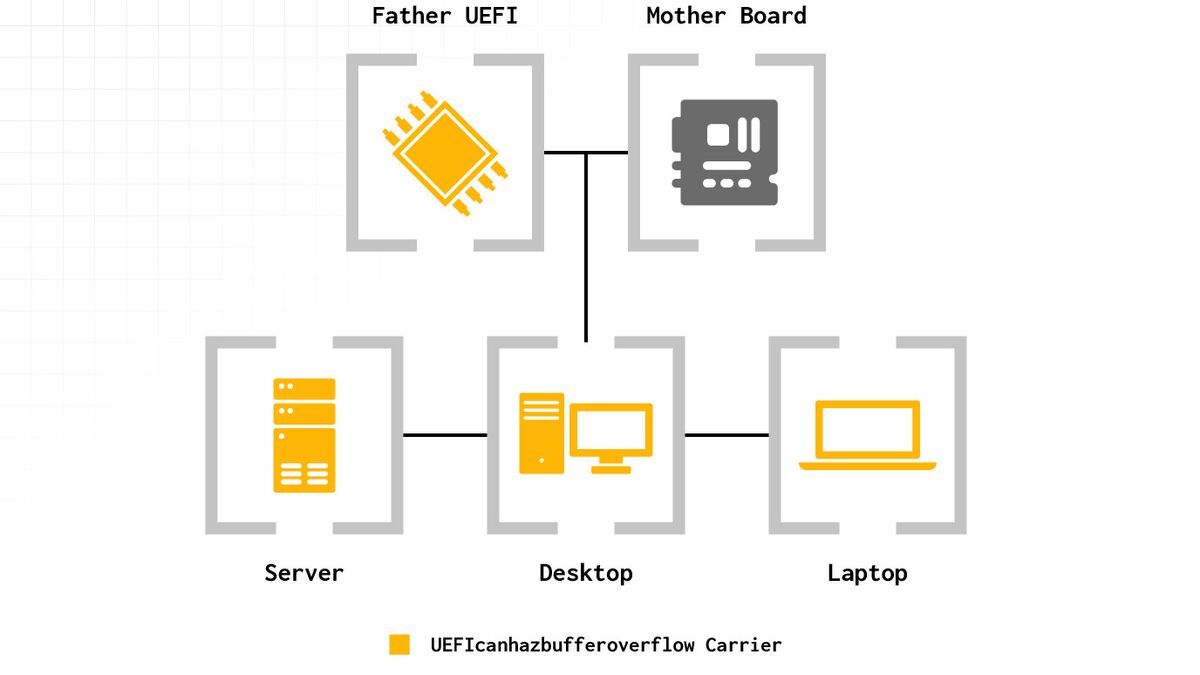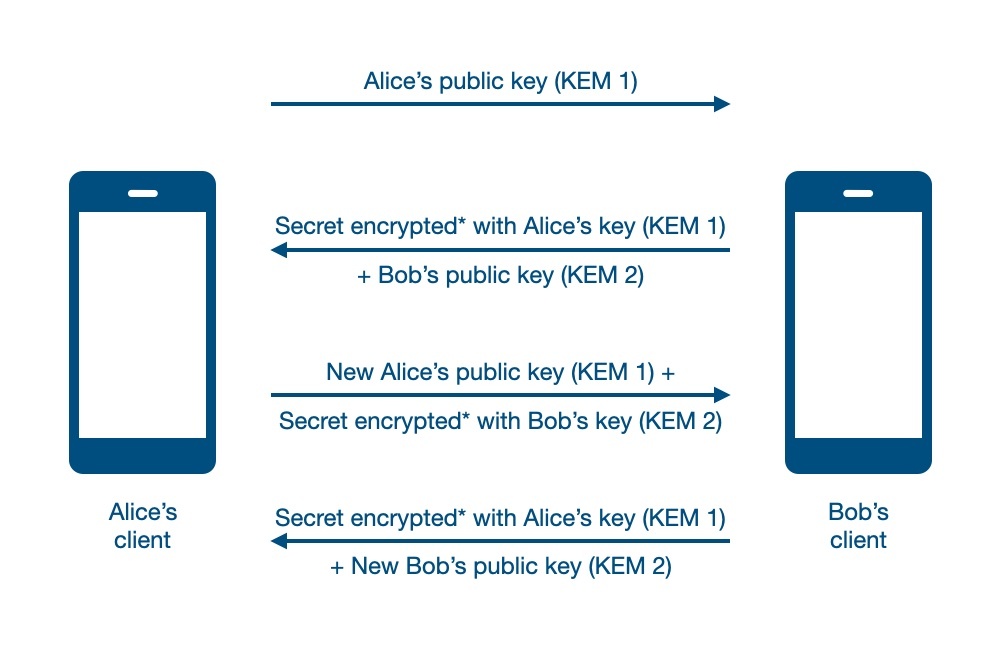What a confused image.
- TiVo complied with the GPLv2 and distributed source code for their modifications to Linux. What they did not do was distribute the cryptographic keys which would allow TiVo customers to run modified versions it on their TiVo devices. This is what motivated the so-called anti-tivoization clause in GPLv3 (the “Installation Information” part of Section 6. Conveying Non-Source Forms.).
- Linux remains GPLv2, so, everyone today still has the right to do the same thing TiVo did (shipping it in a product with a locked bootloader).
- Distributing Linux (or any GPLv2 software) with a threat of violence against recipients who exercise some of the rights granted by the license, as is depicted in this post, would be a violation section 6 of GPLv2 (“You may not impose any further restrictions on the recipients’ exercise of the rights granted herein.”).




































from this commercial, apparently it’s a joke but also a real product from Daily Wire 😬